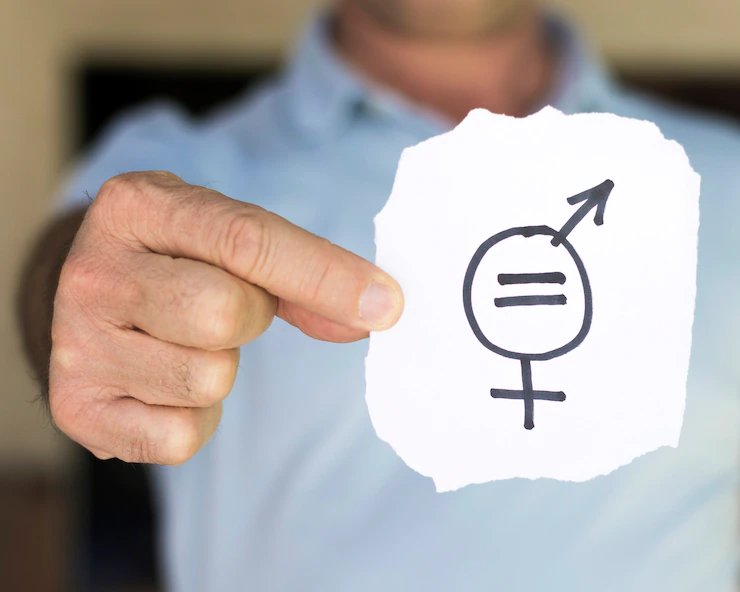Gender roles have long played a significant role in shaping relationships, defining the expectations and responsibilities of individuals based on their gender. However, as society evolves and strives for gender equality, it is crucial to critically examine and redefine these roles within relationships. In this article, we will explore the role of gender roles in relationships, challenge traditional notions, and discuss the importance of fostering equality, respect, and open communication.
- Understanding Gender Roles
Gender roles are societal expectations that define how individuals should behave, think, and express themselves based on their gender. Historically, these roles have assigned specific responsibilities to men and women, reinforcing stereotypes and limiting personal expression. However, it is essential to recognize that gender roles are social constructs and can be redefined and challenged. - Challenging Traditional Notions
Challenging traditional gender roles in relationships involves breaking free from stereotypes and embracing individuality. It means acknowledging that individuals are not defined solely by their gender but by their unique qualities, aspirations, and strengths. By challenging traditional notions, couples can create a more equitable and inclusive relationship dynamic. - Promoting Equality
Promoting gender equality is fundamental to building healthy and thriving relationships. It means valuing and respecting each other’s contributions, ideas, and perspectives regardless of gender. Equality in relationships involves shared decision-making, equitable distribution of household responsibilities, and mutual support in pursuing personal and professional goals. - Open Communication
Open and honest communication is essential in challenging and reshaping gender roles. Discussing expectations, desires, and concerns allows couples to understand each other’s perspectives and work together to create a relationship dynamic that is based on mutual respect and equality. It is important to have ongoing conversations about gender roles to ensure that both partners feel heard and understood. - Sharing Responsibilities
Sharing responsibilities in a relationship is crucial for breaking free from traditional gender roles. This includes household chores, parenting duties, financial management, and emotional support. By sharing responsibilities, couples can foster a sense of teamwork and create a balanced and harmonious partnership. - Embracing Individuality
Embracing individuality within a relationship means celebrating each other’s unique qualities, interests, and aspirations. It involves supporting personal growth and encouraging each other to pursue passions and goals. By allowing space for individual expression and personal fulfillment, couples can foster a sense of empowerment and fulfillment. - Respecting Choices and Autonomy
Respecting each other’s choices and autonomy is paramount in challenging gender roles. It means acknowledging that individuals have the right to make decisions about their bodies, careers, and personal lives without judgment or interference. Respecting choices fosters a sense of trust and allows both partners to feel valued and supported. - Modeling Gender Equality for Future Generations
Challenging gender roles in relationships is not only beneficial for the individuals involved but also for future generations. By modeling gender equality, couples can inspire and empower others to challenge societal norms and embrace equitable relationships. This creates a positive ripple effect that contributes to broader societal change.
Challenging traditional gender roles in relationships is a transformative journey that requires open-mindedness, communication, and a commitment to equality. By breaking free from stereotypes, promoting open communication, sharing responsibilities, embracing individuality, respecting choices and autonomy, and modeling gender equality, couples can create relationships that celebrate diversity, foster personal growth, and pave the way for a more inclusive and equitable society. Remember, true partnership is built on respect, equality, and the freedom to be authentically oneself, regardless of societal expectations.










